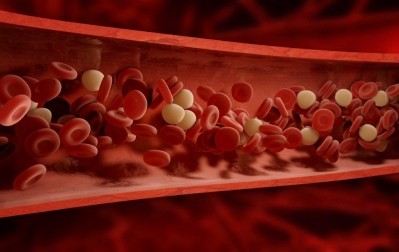Takeda breaks ground on $45m Ninlaro plant in Ireland

A groundbreaking ceremony for the €40m ($45m) facility, plans of which were first announced last December, took place last week at Takeda’s Castle Grange biopharma site in Dublin, Ireland.
The plant will be a standalone high containment production facility dedicated to manufacturing Takeda’s multiple myeloma drug Ninlaro. It will house the drug substance, drug product, primary and secondary packaging and QC processes, and shipments of secondary packaged product are expected to begin in the second half of fiscal year 2018.
Thomas Wozniewski, head of Takeda’s Global Manufacturing & Supply said the plant is a strategic investment for the Osaka, Japan-headquartered firm.
“It will give us the crucial in-house manufacturing capacity to meet the increasing demand for our innovative product Ninlaro.”
The proteasome inhibitor works by blocking enzymes from multiple myeloma cells, hindering their ability to grow and survive, and was approved by the US Food and Drug Administration (FDA) in November 2015 for patients with multiple myeloma who have received at least one prior therapy.
It is delivered in a once-weekly pill that can be taken at home, something Takeda director Kate Burd told us late last year was deemed challenging to develop.
“The team faced a lot of scepticism as to whether a ‘peptide’ drug could be delivered orally. Nonetheless, our formulations and chemistry teams were able to overcome the challenges and prove it was possible.”
The peptide is currently being made in Germany and packaged in Wales.










